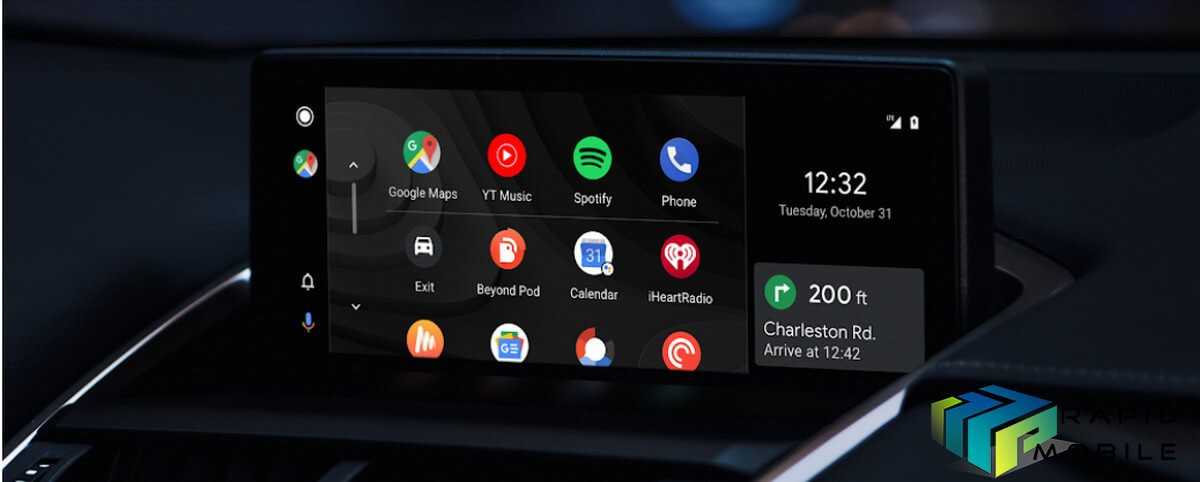Italy’s competition regulator, the Competition and Market Authority (AGCM), has fined Google €102 million for excluding Enel’s e-mobility app, JuicePass, from its Android system, arguing that the company has leveraged its dominant market position unfairly.
JuicePass enables a wide range of services for recharging electric vehicles, ranging from finding a charging station to managing the charging session and reserving a place at the station; this latter function guarantees the actual availability of the infrastructure once the user reaches it.
Google has not allowed Enel’s JuicePass to operate on Android Auto for over two years.
The AGCM stated:
The exclusion of the Enel X Italia app from Android Auto has been going on for more than two years, and if it were to continue, could permanently jeopardise Enel X Italia’s chances of building a solid user base at a time of significant growth in sales of electric vehicles.
In addition, the JuicePass app could not be included in the list of applications used by users, leading to an impoverishment of consumer choice and an obstacle to technological progress.
“By refusing Enel X Italia interoperability with Android Auto, Google has unfairly limited the possibilities for end users to avail themselves of the Enel X Italia app when driving and recharging an electric vehicle.
Google has consequently favoured its own Google Maps app, which runs on Android Auto and enables functional services for electric vehicle charging, currently limited to finding and getting directions to reach charging points, but which in the future could include other functionalities such as reservation and payment.
The regulator has ordered Google to make JuicePass available on Android Auto immediately, as well as providing tools to ensure that non-Google apps are interoperable with the company’s smart driving platform.
In response, Google has said it “respectfully disagrees” with the ruling, arguing that there are “thousands of apps compatible with Android Auto.”
A Google spokesperson told Rapid Meta:
“We disagree with Authority’s decision and we will review our options.”
“The number one priority for Android Auto is to ensure apps can be used safely while driving. That’s why we have strict guidelines on the types of apps which are currently supported and these are based on driver-distraction tests and regulatory and industry standards.
“Thousands of applications are already compatible with Android Auto, and our goal is to allow even more developers to make their apps available over time. For example, we have introduced templates for navigation, charging, and parking apps, open for any developer to use,”
Google says it will study the various documents thoroughly before taking action.
JuicePass is owned by Enel’s “e-solutions” subsidiary Enel X, which brought the case against Google. Enel acknowledged the decision, saying it was an important enabling factor for the growth of electric mobility in Italy.
“In accordance with this decision, a level playing field with Google apps will be granted for Enel X’s app, JuicePass, and in general for all recharging app developers,” it said.



